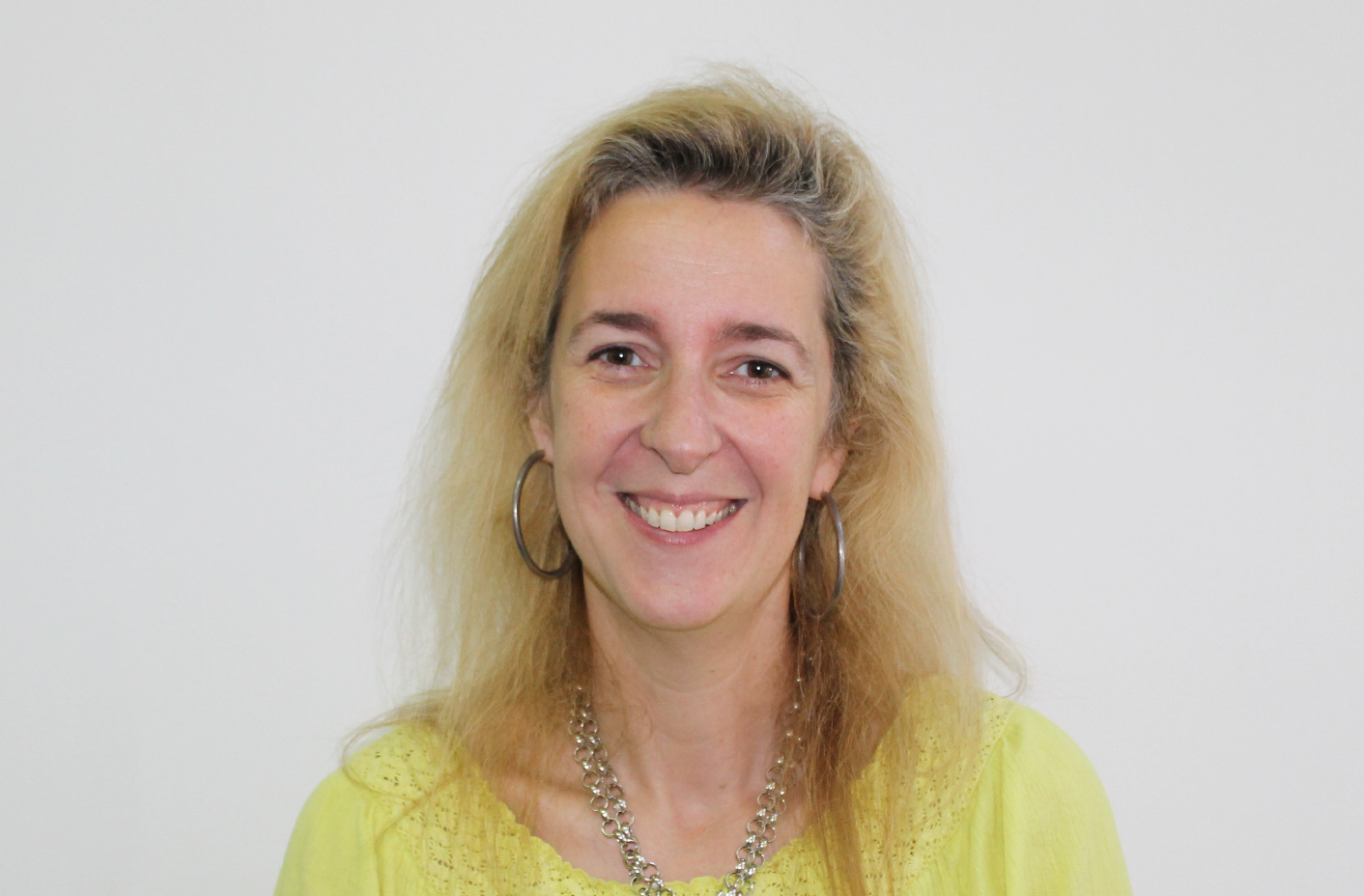
- +351 213 652 600
- +351 213 632 105
- Send Mail
- Orcid
- NOVA Research
Dinora Lopes
Senior Technician, Vivarium's Coordinator
GHTM Group: IHC PhD members, Individual Health Care
Traditional medicine has been a classical and economical method for malaria treatment and it is the source of the two main groups (artemisinin and quinine derivatives) of current antimalarial drugs. With the increasing levels of drug resistance the isolation of new bioactive compounds from medicinal plants based on traditional use or ethnomedical data seems to be a very promising approach. Our work has been focused on plants from different origins (Mozambique, Brazil, Sao Tome e Principe among others) used locally to treat the acute symptoms of malaria such as high temperature fevers with periodicity and chills. We are also, at present, involved in the project “Bioprospecting deep-sea marine animal fatty acids from the Azores for possible therapeutic applications” in collaboration with Department of Oceanography and Fisheries at the University of the Azores and in CYTED L America project in a similar field. Plant and marine animal extracts and obtained compounds have been tested against blood stage forms of Plasmodium falciparum (in vitro – P. falciparum cultures) and liver stage forms (in vitro – HepG2 cell line infected with P. berghei sporozoites from Anopheles stephensi mosquitoes).
We are also work on a project on chemical compounds and derivatives which are are being tested within the team.
- A review of antimalarial plants used in traditional medicine in communities in Portuguese-speaking countries: Brazil, Mozambique, Cape Verde, Guinea-Bissau, São Tomé and Príncipe and Angola. Silva JR, Ramos Ade S, Machado M, de Moura DF, Neto Z, Canto-Cavalheiro MM, Figueiredo P, do Rosário VE, Amaral AC, Lopes D. Mem Inst Oswaldo Cruz. 2011 Aug;106 Suppl 1:142-58.
- Evaluation of prevalence’s of pfdhfr and pfdhps mutations in Angola. Fortes F, Dimbu R, Figueiredo P, Neto Z, do Rosário VE, Lopes D. Malar J. 2011 Feb 2;10(1):22.
- Triterpenoids as inhibitors of erythrocytic and liver stages of Plasmodium infections. Ramalhete C, da Cruz FP, Lopes D, Mulhovo S, Rosário VE, Prudêncio M, Ferreira MJ. Bioorg Med Chem. 2011 Dec 15;19(24):7474-81.
- SLC40A1 Q248H allele frequencies and associated SLC40A1 haplotypes in three West African population samples. Albuquerque D, Manco L, Loua KM, Arez AP, Trovoada Mde J, Relvas L, Millimono TS, Rath SL, Lopes D, Nogueira F, Varandas L, Alvarez M, Ribeiro ML. Ann Hum Biol. 2011 May;38(3):378-81.
- Karavilagenin C derivatives as antimalarials. Ramalhete C, Lopes D, Molnár J, Mulhovo S, Rosário VE, Ferreira MJ. Bioorg Med Chem. 2011 Jan 1;19(1):330-8.